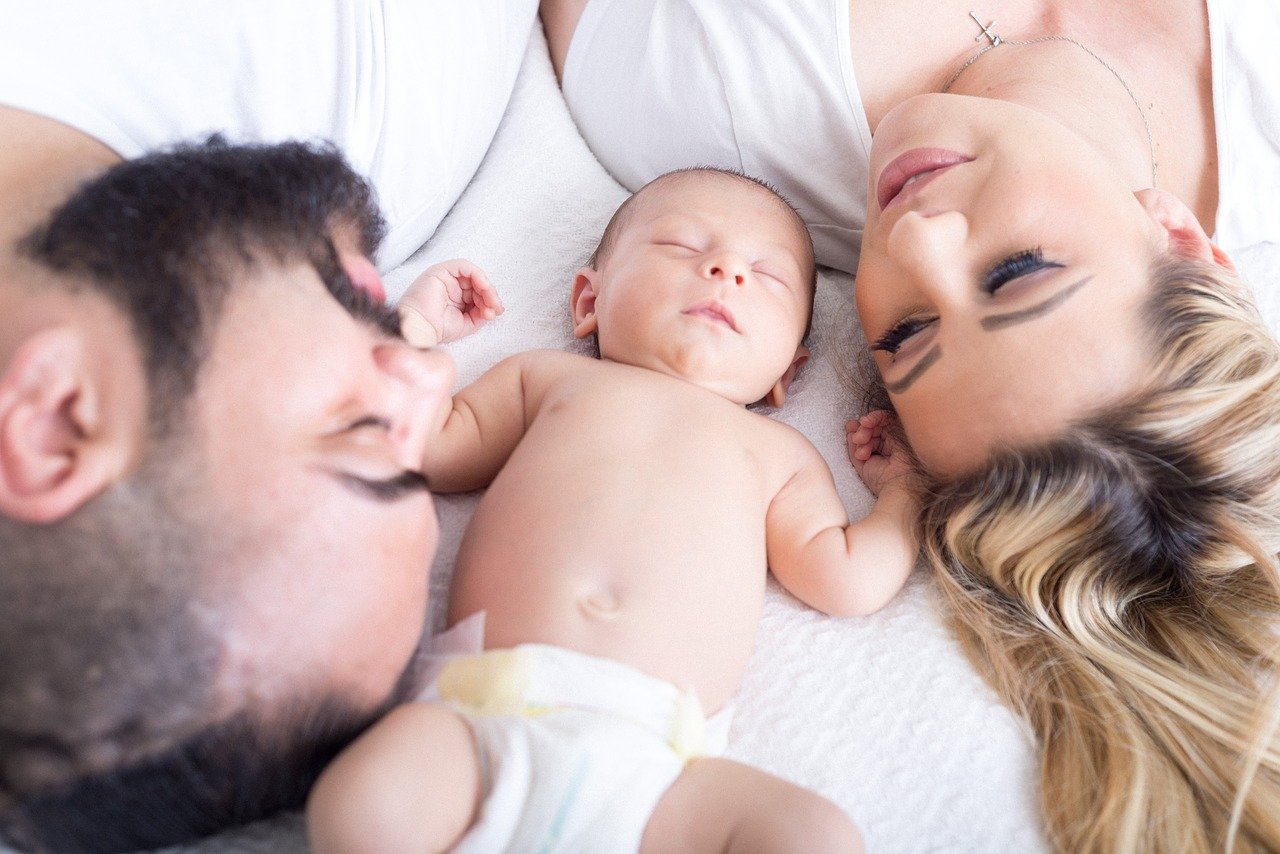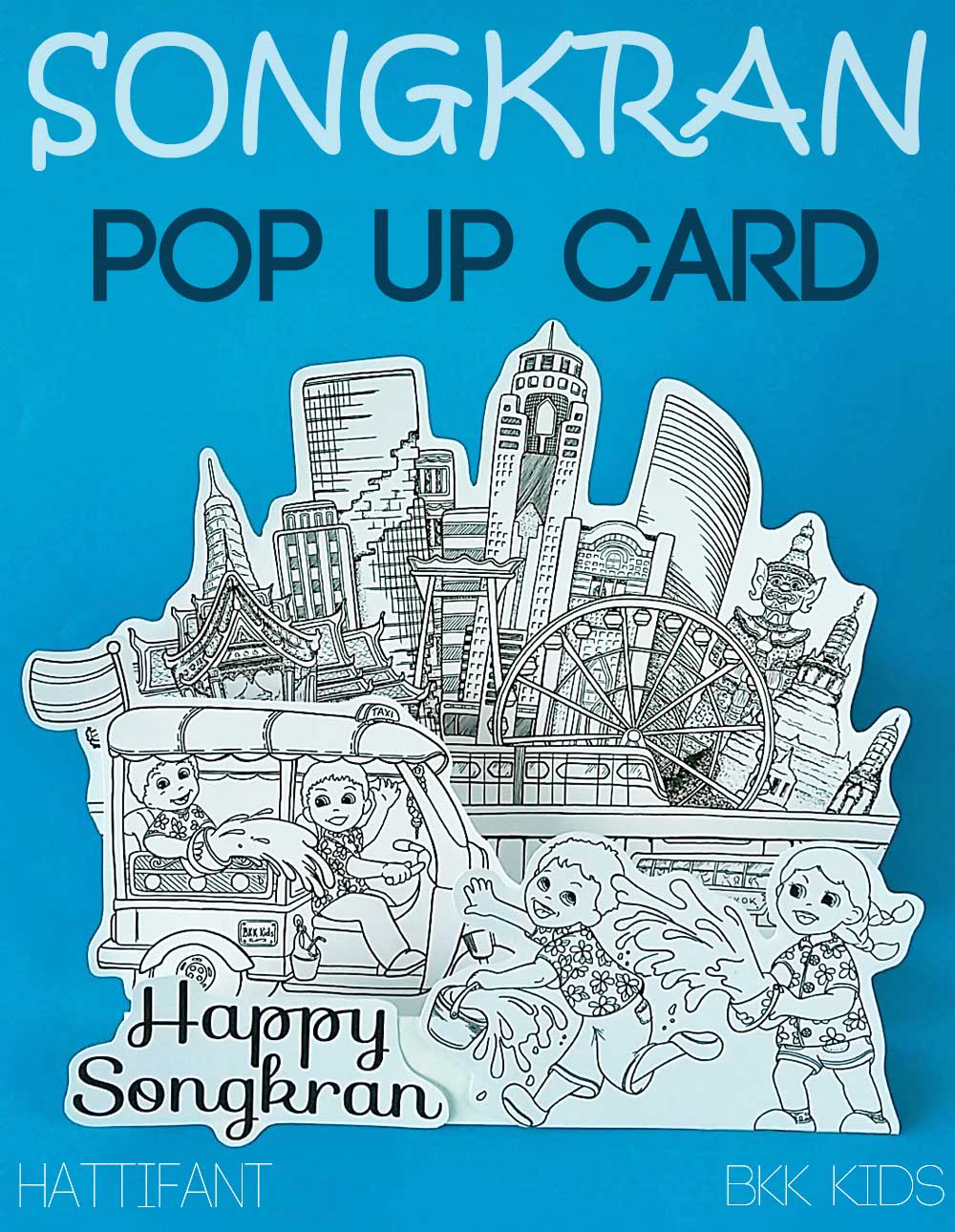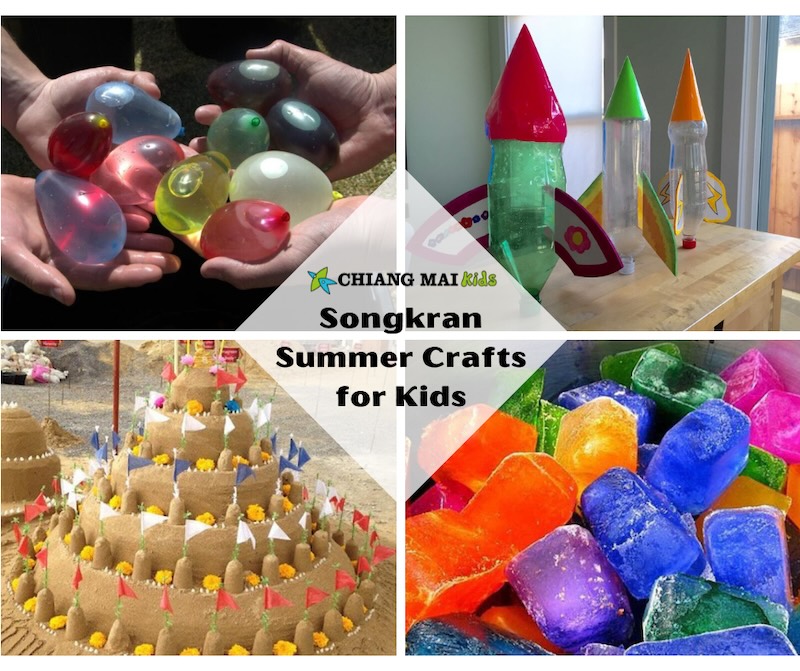You might have heard the first hour or two after a baby is born referred to as the “Golden Hour” or the “Magical Hour.” What exactly does this mean and what’s so magical about it? This article explains what’s special about the “Golden Hour” and what parents and healthcare providers can do to maximize the benefits of this special time in a newborn baby’s life.
The absolute best place for a baby to go after birth is immediately onto the bare skin or the belly/chest of the parent who just gave birth. All mammals are programmed to stay close to their mothers immediately after birth for safety, bonding, and nutrition. This is no different for humans.
Please note: the author acknowledges that it’s not possible for every baby to go directly on to its mother’s chest immediately following birth. This recommendation and the information below pertains to babies who are born at or near full-term who come out healthy and vigorous. Babies who are born preterm or with certain health problems often need more advanced medical care that might require separation from their parent(s).
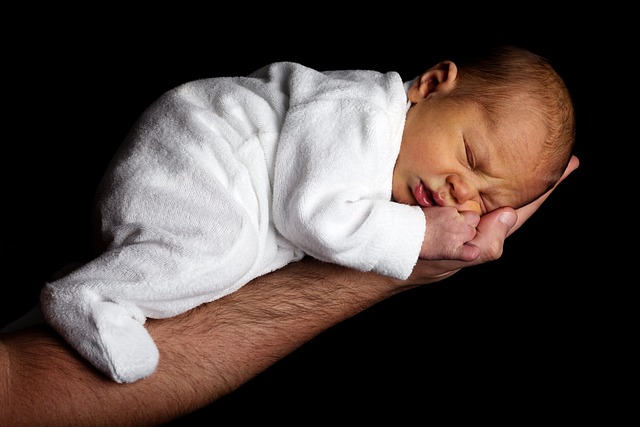
Immediately After The Birth
Right after a healthy baby is born, if they are placed skin to skin with the birthing parent, they naturally go through a few stages of behavior. Often, the baby cries for a minute or so, but then relaxes quickly. Then the baby becomes more active, moving their arms, hands, and head. This is quickly followed by increasing movements of the mouth, such as opening and closing the lips or sticking out the tongue. These are signs that baby is getting ready to eat. The baby will usually begin to move its legs to help get closer to its mother’s breast and will then start exploring the nipple and breast by licking, smelling, and massaging the breast with its hands. This exploration stage can last around 20 minutes. Most healthy babies, when allowed to go through all of these stages undisturbed, latch themselves onto the breast for their first feed around 45 minutes to an hour after they’re born. Throughout these steps, the baby may have short periods of rest, but most of the time is highly alert, aware of its immediate surroundings, and eager to bond and feed. Around 90 minutes to two hours after birth, after their first feed, most babies will fall into a peaceful sleep.
The time when a baby is going through the steps above provides an amazing opportunity for parents to look at their new baby, talk to the baby, and begin the process of bonding with the baby. Also, skin to skin contact is the best way for babies to stay warm, well oxygenated, and calm.
This initial time after birth is not only precious and magical (or “Golden”) for both the parents and the baby, but it is also of crucial importance for the baby’s overall development. Research shows that parents who can breastfeed in the first 1-2 hours after birth are far more likely to breastfeed long-term and to feel confident in their ability to breastfeed. For the newborn, this initial time of bonding immediately after birth lays the foundation for a life-long sense of safety, trust, and attachment. Being held skin to skin immediately after birth communicates to the baby that they are loved and safe.
Sometimes, even after a vaginal birth, it’s not possible for the birthing parent to hold the baby right away. In these situations, the next best place for baby to be is skin to skin on the other parent or a close family member. The skin-to-skin contact still has the same benefits of helping the baby stay warm and feel safe. In these cases, the baby should be returned to the mother for skin-to-skin contact and initiate breastfeeding as soon as possible.
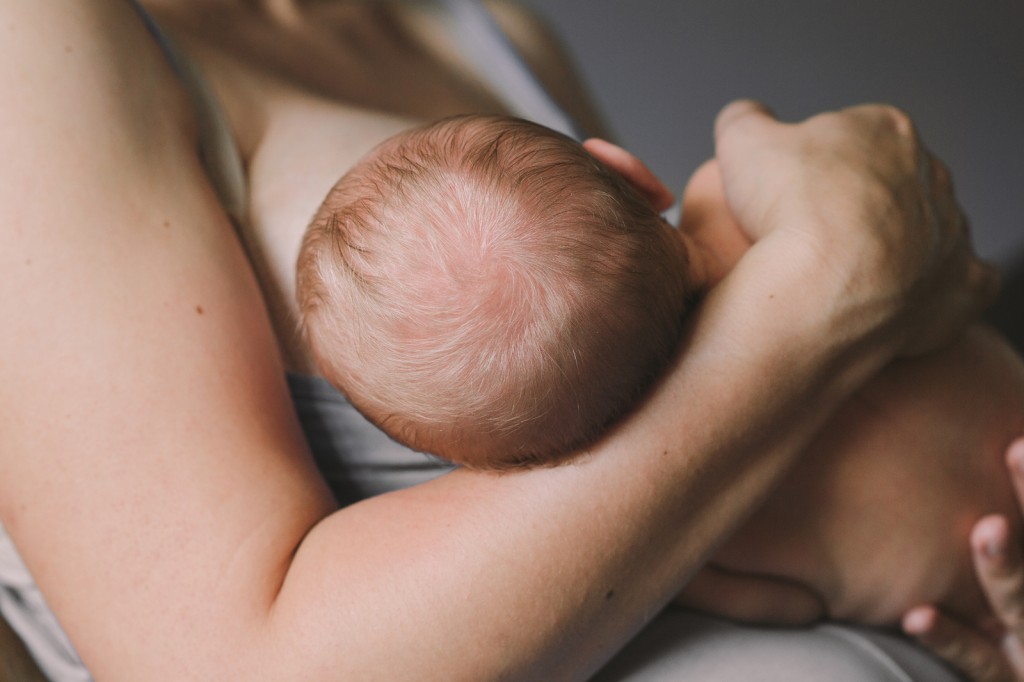
Newborn Procedures
When a baby is born healthy and vigorous, there is nothing urgent that care providers need to do. Babies who are breathing can safely go directly to their mother’s bare chest. Any initial assessment that the nurses or other care providers need to do can and should be done with the baby on the birthing parent’s body. A healthy baby does not need to be taken to a warmer or to another room to be evaluated. For other procedures, such as weighing the baby, measuring the baby, a general exam, or giving the Vitamin K shot or eye ointment, there is no rush. None of these things are as important for the baby’s health as being allowed its normal stages of getting to know its new environment from the safety and warmth of the birth parent’s body. All routine newborn procedures can safely wait until the baby is at least 2-3 hours old or longer, and even at that time, can be done in the same room as the parents. As for the baby’s first bath, a recent study found that delaying the baby’s first bath until at least 12 hours after birth significantly increases breastfeeding rates.
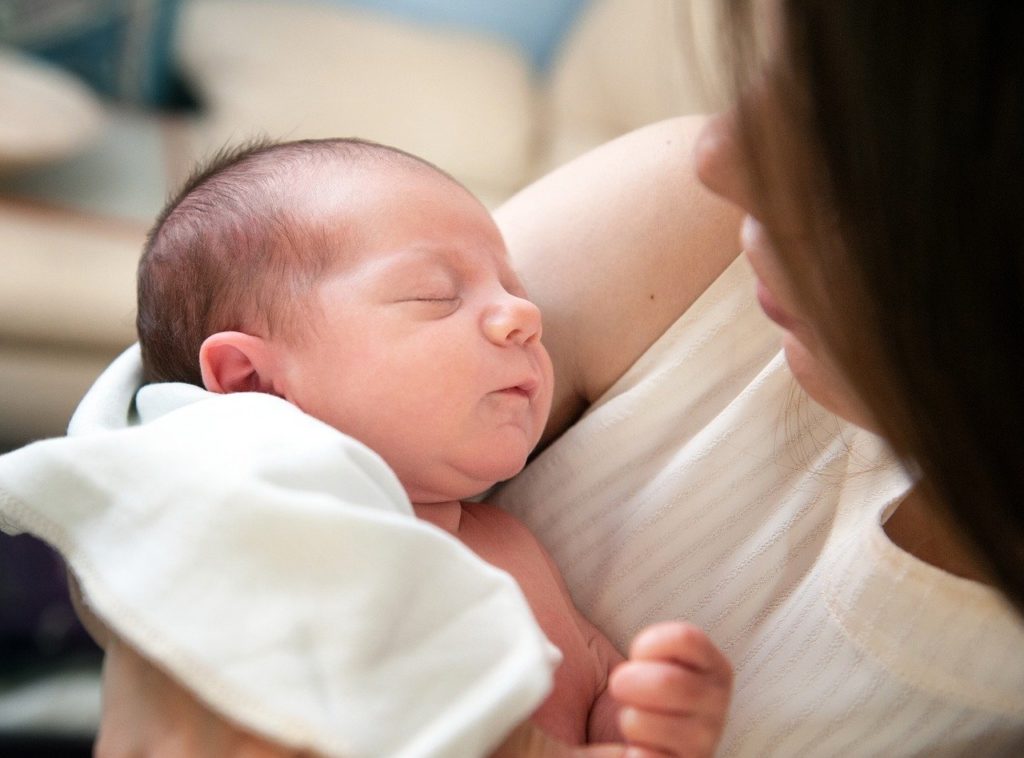
Risks of Separating The Baby
For babies who are born at or near full term who are vigorous at birth, there is absolutely no reason to separate a newborn from its parents. This practice of routine separation of babies after birth has been shown not only to be unnecessary, but actually to be potentially harmful to babies. It can also cause a great deal of stress to the mother or parent who just gave birth because their primary instinct at that time is to hold and care for their baby.
When a baby is separated immediately after birth, studies have identified a “protest-despair” response in the newborn. Babies often cry intensely, have frantic body movements, and their heart rate and blood pressure go up. The baby’s brain releases a huge surge of stress hormones, like in a “fight or flight” response. Sometimes this activity can mean that baby cannot stay well-oxygenated and can even have increased intracranial pressure in their brain. After this period of intense activity subsides, if the baby is still separated from its parents, they go into a state of despair. Sometimes people mistakenly think that the baby has just “calmed down,” but in reality, they can continue to have up to ten times the normal level of stress hormones in their body for hours.
If you are reading this and your baby was separated from you after birth, the good news is that babies are very resilient. Once a baby is returned to its mother, especially if placed skin-to-skin, research has found that the baby’s heart rate quickly decreases and their levels of stress hormones begin to drop right away. Parents and babies can still bond deeply after an initial separation.
If you are currently pregnant, you can use this information to talk to you healthcare provider about what your desires and expectations are for after you give birth. It is your baby, so make your wants known!
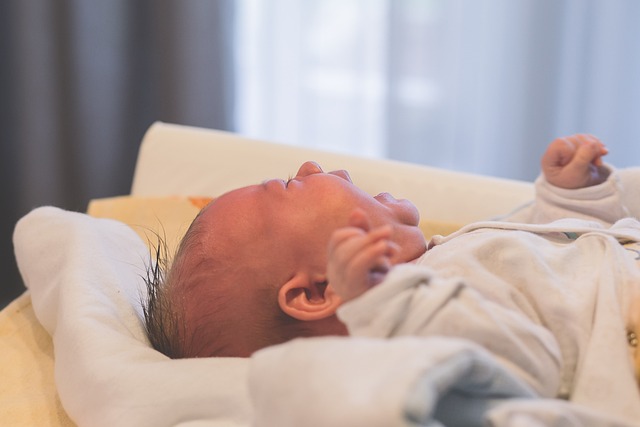
What IF The Baby Has to be Separated
Sometimes, it’s necessary for babies to have extra medical care after birth in a nursery or neonatal intensive care unit (NICU). In these cases, when possible, the non-birthing parent should go with the baby. The baby should then be returned as soon as possible to the parent who gave birth for skin-to-skin care. If a baby has to remain in the NICU for an extended period of time, parents should be encouraged to hold the baby skin-to-skin in the NICU. For preterm and other sick babies, a tremendous amount of research demonstrates that skin-to-skin care in the NICU can lead to better outcomes, such as higher survival rates, decreased infections, increased breastfeeding, and earlier discharge from the hospital.
After a Cesarean Birth
In many places around the world, providers are starting to offer “family-centered” or “gentle” cesareans. In these cases, the baby is delivered directly to the mother’s chest in the operating room, just as they would be following a vaginal birth. Mothers can hold baby skin to skin, and some babies actually latch on and breastfeed for the first time while the mother is still on the operating table. This type of option is not currently offered in Thailand but is becoming more common in other countries. If you plan to give birth in Thailand and you’re interested in a family-centered cesarean, talk to your doctor while you’re still pregnant to find out what your options are. The more pregnant families start requesting this type of care, the more likely doctors and hospitals are to change their policies.
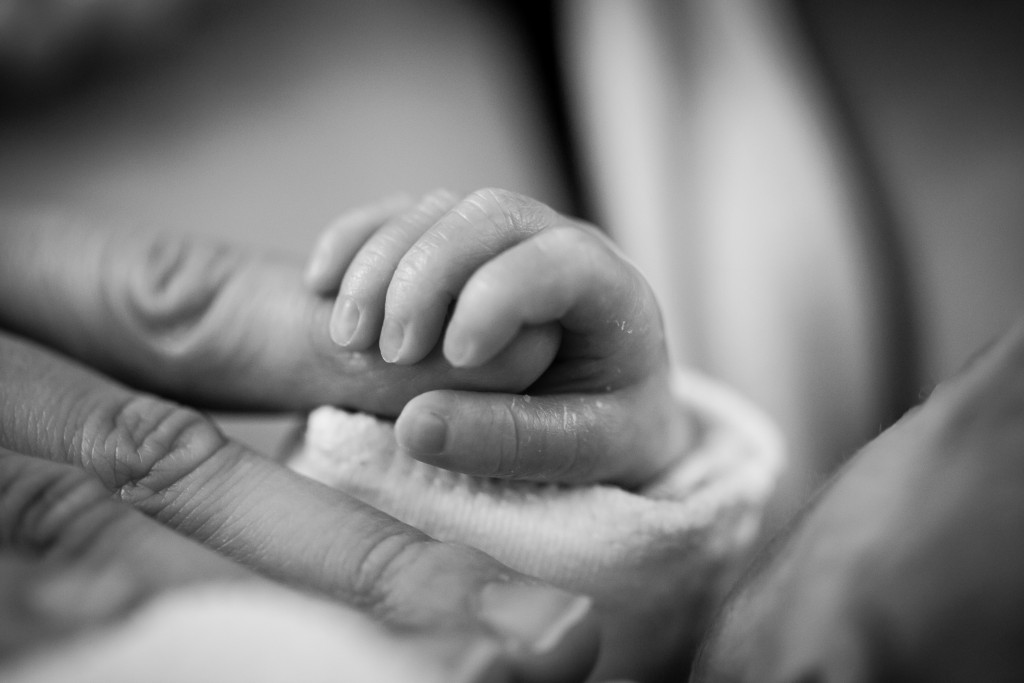
Protecting the “Golden Hour”
The “Golden Hour” more accurately describes the first two hours after a baby is born. During this time, most babies are alert and eager to bond with parents and feed for the first time. A baby’s number one desire and instinct immediately following birth is to snuggle up with its mother. Honoring and protecting this special time not only helps babies and parents bond, but it also protects baby’s physical health and emotional wellbeing. Supporting the baby’s innate desire to breastfeed during this time significantly increases long-term breastfeeding success.
Parents can help protect this time by talking with their care providers in advance of their birth to let them know they want immediate skin-to-skin care with the baby after birth and to request that newborn procedures be delayed for at least two hours. Sometimes a written birth plan can help make sure this happens. Review your birth plan with your doctor in advance, then share it again when you arrive at the hospital to give birth. Healthcare providers can support families during the “Golden Hour” by educating themselves about the risks of separating babies from their parents after birth. Doctors can also work to change outdated, potentially harmful policies in the hospitals where they work. These changes can help all babies have a safer, more gentle introduction to life outside the womb.
About the Author
Meredith Wallis is a Certified Nurse-Midwife (CNM), International Board Certified Lactation Consultant (IBCLC), and Evidence Based Birth Instructor. She is originally from the USA, but has lived in Bangkok since the fall of 2017. In the U.S., Meredith helped families have their babies in hospitals, birth centers, and homes. She most recently had her own home birth practice in Juneau, Alaska for four years. Meredith believes strongly that pregnancy and birth can and should be an empowering experience for families. To that end, she is passionate about providing parents with high-quality, accurate information that can help them make the best decisions about their healthcare. For more information about Meredith, please visit MoonriseBirth.com.
References
For more information about this topic, you can view the following resources:
- The Magical Hour
- Skin-to-Skin Care After Birth:
- Moore, E. R., Bergman, N., Anderson, G. C., & Medley, N. (2016). Early skin-to-skin contact for mothers and their healthy newborn infants. Cochrane Database of Systematic Reviews, Issue 11. Art. No.: CD003519.
- Phillips, Raylene (2013). Uninterrupted Skin-to-Skin Contact Immediately After Birth. Medscape.
- Delaying Baby’s First Bath
- Gentle Cesareans
- NICU Babies
- Jefferies, A. (2012). Kangaroo care for the preterm infant and family. Pediatric Child Health.

